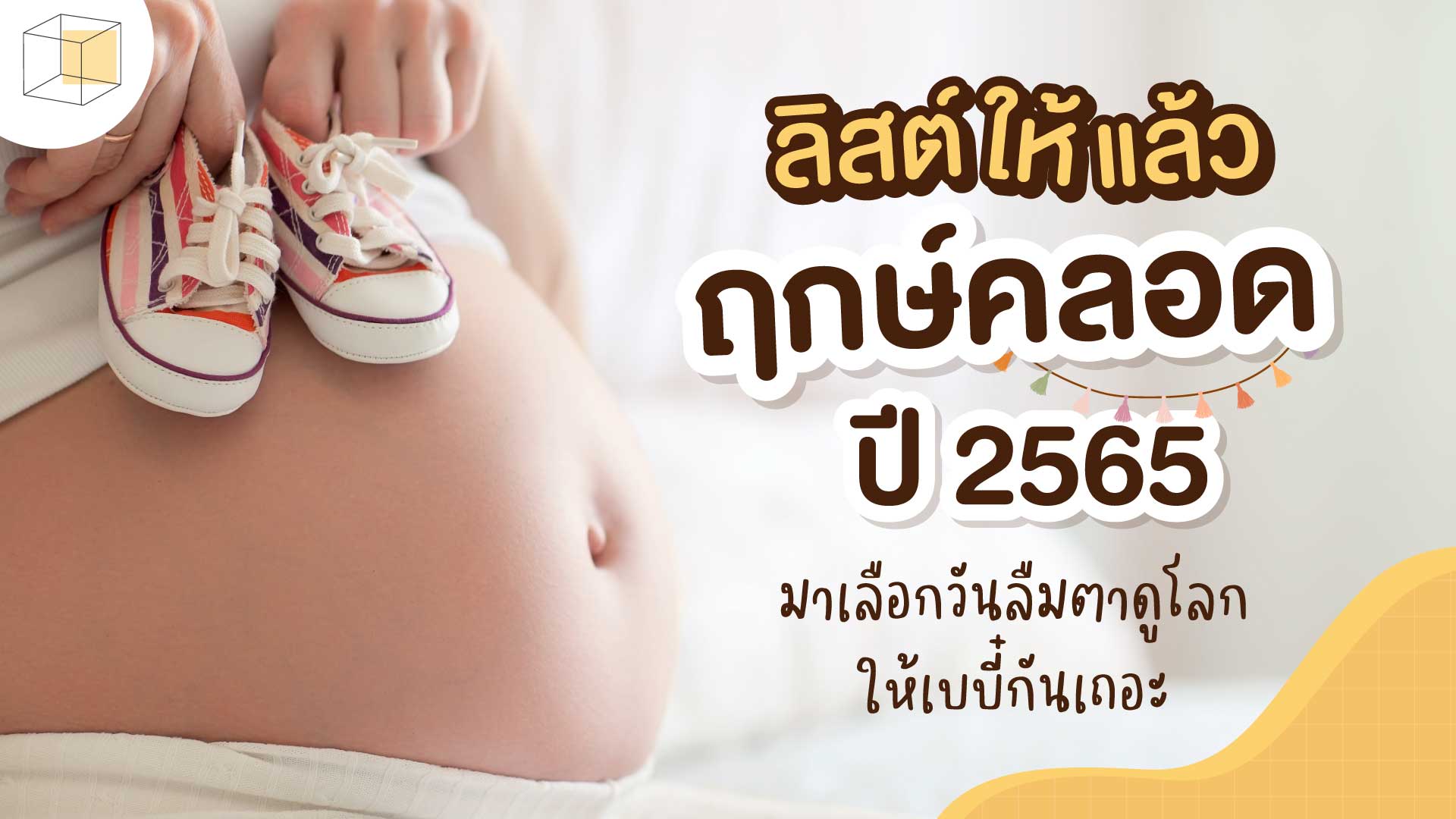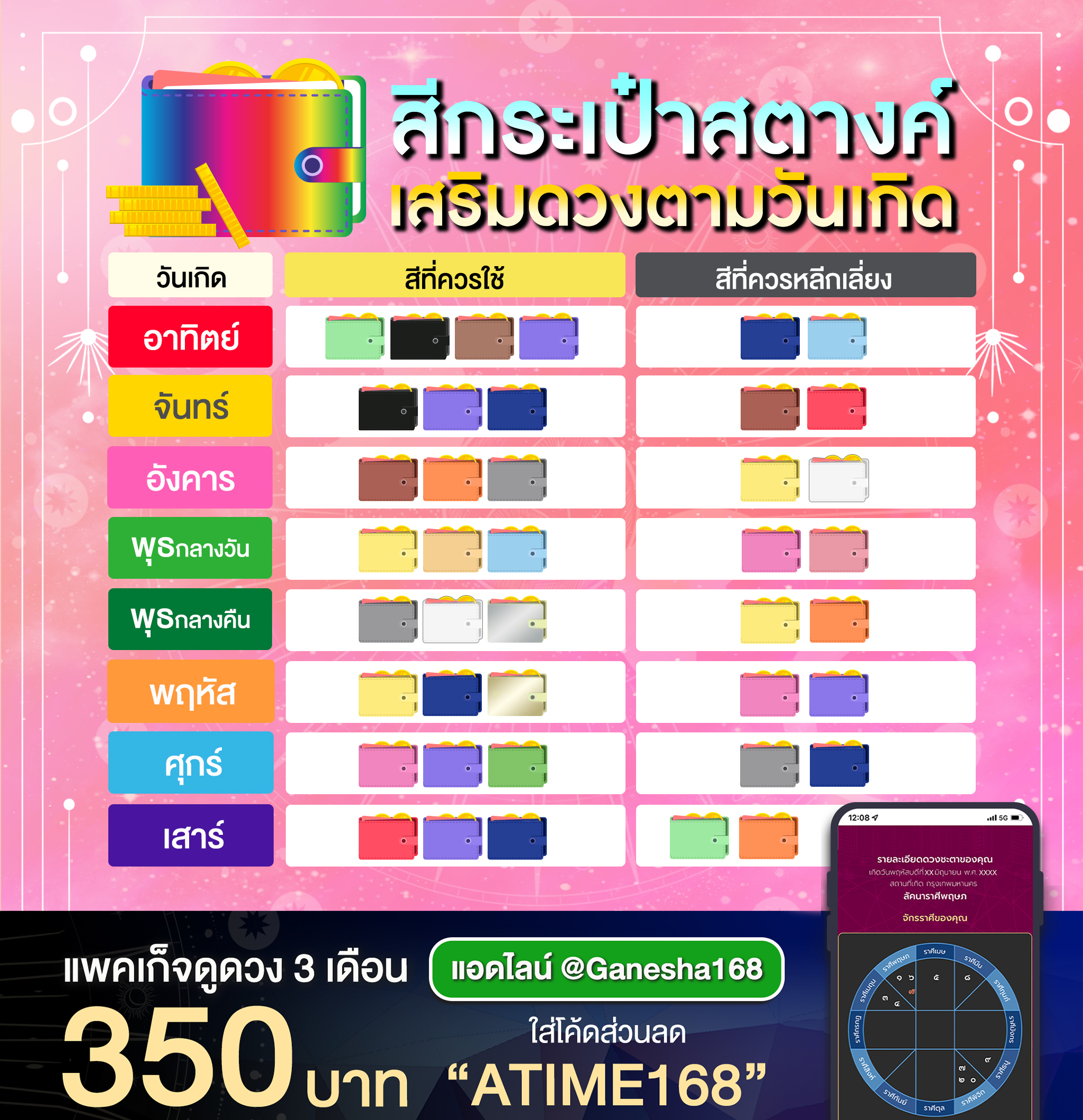
ฤกษ์คลอด 2568: เสริมดวงลูกน้อยให้แข็งแรงและร่ำรวย
[ฤกษ์คลอด 2568: เสริมดวงลูกน้อยให้แข็งแรงและร่ำรวย] Exe […]
[ฤกษ์คลอด 2568: เสริมดวงลูกน้อยให้แข็งแรงและร่ำรวย]

Executive Summary

The arrival of a new life is a momentous occasion, and many parents seek guidance on selecting the most auspicious time for their child’s birth. In Thailand, the practice of choosing auspicious birth dates, known as ฤกษ์คลอด (ruek khlord), is deeply ingrained in cultural beliefs and traditions. This article delves into the significance of ruek khlord in 2568, exploring its potential impact on the child’s health, prosperity, and overall well-being. It aims to provide insights into the various factors considered when selecting auspicious birth dates, shedding light on the complex interplay of astrological principles, numerology, and cultural values.

Introduction
The tradition of ruek khlord is deeply rooted in Thai culture, reflecting the belief that the time of birth can influence a child’s destiny and future. By carefully choosing an auspicious date, parents hope to bestow upon their child favorable circumstances, good health, and prosperity. While modern medicine has debunked the notion that birth timing dictates a person’s life course, the cultural significance of ruek khlord persists, offering a sense of hope and optimism for the future of their child.
Understanding the Principles of ฤกษ์คลอด
Ruek khlord is based on a blend of traditional astrological knowledge, numerology, and ancient Thai beliefs. The process involves analyzing the child’s birth chart, considering the alignment of planets, the zodiac signs, and other celestial factors. The goal is to find a time when these celestial influences are harmonious and supportive, potentially leading to a more favorable life path.
Astrological Alignment: Ruek khlord practitioners analyze the position of planets at the time of birth, particularly the Sun, Moon, and ascendant. Favorable alignments are believed to bring good fortune, success, and a fulfilling life.
Numerology: Numbers play a significant role in ruek khlord, with specific numbers associated with different aspects of life, such as health, wealth, and relationships. The chosen date should ideally include numbers considered auspicious and supportive.
Zodiac Signs: The child’s zodiac sign is also taken into account, with certain signs believed to be more compatible with specific planets and zodiacal constellations. The chosen date should align with the child’s zodiac sign and its associated qualities.
Auspicious Days and Hours: Traditional Thai beliefs dictate that certain days of the week and specific hours within each day are considered more auspicious than others. Ruek khlord practitioners select dates that fall within these auspicious periods.
Element Compatibility: The five elements (earth, water, fire, metal, and wood) are believed to influence a person’s life path. The chosen date should ideally harmonize with the child’s element, promoting balance and good fortune.
Lunar Phase: The lunar phase is also considered significant in ruek khlord, with certain phases believed to be more favorable for a child’s health and well-being.
The Role of Astrology and Numerology in Ruek Khlord
The practice of ruek khlord draws heavily on astrological and numerological principles to determine auspicious birth dates. Understanding these principles is crucial for appreciating the rationale behind the practice.
Astrological Interpretations: Astrology plays a central role in ruek khlord, with practitioners examining the position of planets and zodiac signs at the time of birth. The goal is to find a time when celestial influences are harmonious, potentially leading to a more prosperous and fulfilling life. For example, a child born under the influence of Jupiter, the planet of luck and expansion, might be considered more fortunate than a child born under the influence of Saturn, the planet of limitations and challenges.
Numerology’s Influence: Numbers are considered powerful symbols in Thai culture, with each number carrying specific connotations and energies. Ruek khlord practitioners utilize numerology to analyze the numerical values associated with the birth date and determine if they align with auspicious numbers. For instance, the number 9 is often considered a lucky number in Thai culture, representing completion and abundance. A birth date that includes the number 9 might be deemed auspicious.
The Significance of Compatibility: Ruek khlord practitioners also consider the compatibility between the child’s birth chart and the various elements (earth, water, fire, metal, and wood). This concept stems from the belief that certain elements are more compatible with others, creating a harmonious balance in a person’s life. A child born under the element of fire might be considered compatible with a birth date that incorporates the element of wood, representing growth and expansion.
Beyond Traditional Beliefs: While the principles of astrology and numerology underpin ruek khlord, it’s crucial to acknowledge that these concepts are not universally accepted as scientific fact. Many modern-day individuals view astrology and numerology as forms of entertainment rather than scientific disciplines. However, for many Thai families, these practices offer a framework for understanding and navigating life’s complexities.
The Pros and Cons of Ruek Khlord
Ruek khlord, like any other cultural practice, comes with its own set of pros and cons. It’s essential to weigh these factors carefully before making a decision about whether or not to engage in this practice.
Pros:
Provides a sense of hope and optimism: For many parents, ruek khlord offers a way to express their hopes for their child’s future and to feel a sense of control over a significant life event.
Reinforces cultural traditions: The practice of ruek khlord helps preserve traditional beliefs and cultural values, connecting generations and ensuring that these practices continue to thrive.
Offers a framework for understanding life: Astrology and numerology can provide insights into personality traits, potential strengths and weaknesses, and possible life paths. This framework can help individuals understand themselves and navigate the world more effectively.
Cons:
May create unnecessary stress and anxiety: Obsessing over finding the perfect ruek khlord can create anxiety and pressure for parents, especially if they are unable to find a date that aligns with their expectations.
Could reinforce gender stereotypes: Ruek khlord practices sometimes rely on gender-specific interpretations of astrological influences and numerological values, potentially reinforcing traditional gender roles and expectations.
Lack of scientific evidence: There is no scientific evidence to support the claims made by ruek khlord practitioners. The outcomes associated with ruek khlord are often influenced by a combination of factors, including genetics, environment, and personal choices.
Conclusion
The practice of ruek khlord reflects the deep cultural beliefs and traditions of Thai society. It offers parents a way to express their hopes and aspirations for their children’s futures, while also connecting them to their cultural heritage. While ruek khlord relies on principles of astrology and numerology, it is important to acknowledge that these concepts lack scientific validation. Ultimately, the choice of whether or not to engage in ruek khlord is a personal one, based on individual beliefs and values.
Tags
- ฤกษ์คลอด
- Ruek Khlord
- Thai Culture
- Astrology
- Numerology
การเลี้ยงดู
ความสำเร็จ
ความเชื่อ ไทย
ดวงลูกน้อย
ฤกษ์คลอด 2568
วัน เดือน ปี เกิด
เสริมดวง
แข็งแรง ร่ำรวย
โหราศาสตร์ ไทย









